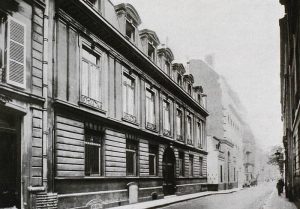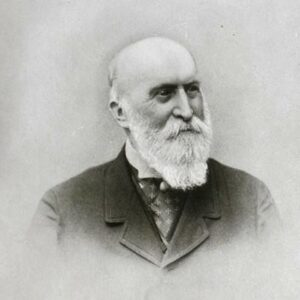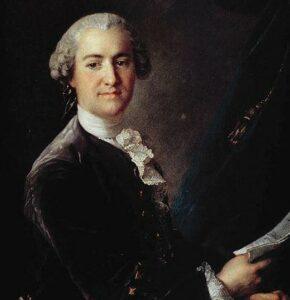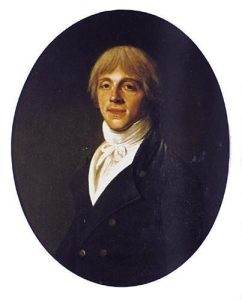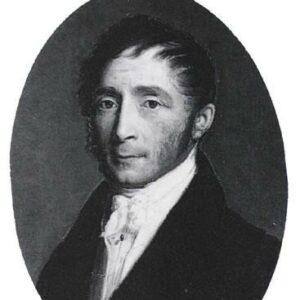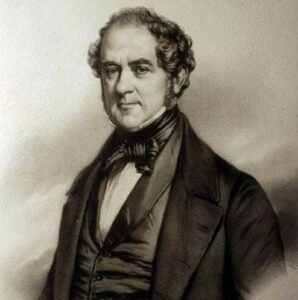From the Consulate to the Second Republic
The Mallet Bank was founded in 1713 by Isaac Mallet (1684-1779), a Genovan Protestant. It thrived during the Ancien Régime (Old Regime), but was impoverished by the Revolution.
After the coup on 18 Brumaire (Rebublican calendar = November) 1799, the Mallets helped found the Banque de France with Guillaume Mallet as one of its governors. The bank developed a new line of business, called the high bank : that is to say it created companies. The bank was involved in housing projects in Paris, and notably building the Royal Theatre and the Opéra Comique between 1826 and 1828.
The bank was also involved in the creation of the first insurance companies, such as Phénix, l’Union and La France, and also in the construction of the first railways, such as the Compagnie du Nord and Paris-Lyon…. The associates, notably Charles Mallet (1815 – 1902), became members of the boards of directors of the new companies. The Mallet Bank has once again become one of the leading banks in Paris.
The Second Empire and Third Republic
The Second Empire was a very busy time for the Mallet Bank which was involved in setting up the Société Générale and Crédit Immobilier. It also promoted the Ottomane Bank and had a hand in creating what became the Compagie Générale Transatlantique and the Crédit Foncier de France.
After the1870 war the Mallet Bank contributed to the success of two loans for the liberation of territories occupied by the Prussians.
It was then involved in starting the Parisian Union Bank and of that for the “Ateliers et Chantiers de la Loire (Factories and Construction Sites of the Loire Valley).
Since 1914
During the First World War business almost stopped, but the bank managed to resume its progress after the war and to withstand the 1929 economic crisis that started in the United-Sates.
In 1940 it opened its second headquarters in the free zone of Marseilles, but its activities slowed down.
After the Liberation, the Mallet Bank took part in recovering French assets from abroad.
In 1966, in order to be able to compete in the market place, the Mallet Bank merged with the Neuflize bank, Sclumberger and Co and became the Neuflize, Sclumberger, Mallet (NSM) Bank and became both a private bank and a financial group.
To avoid any hostile takeover, in 1972 NSM accepted that the Dutch group Mees and Hope become involved in handling their assets. The latter group was taken over by the Dutch group ABN which merged with the Dutch group AMRO in 1990.
Today NSM has become the Neuflize, Sclumberger, Mallet, Demachy Bank (NSMD) and is part to the ABN-AMRO group.


